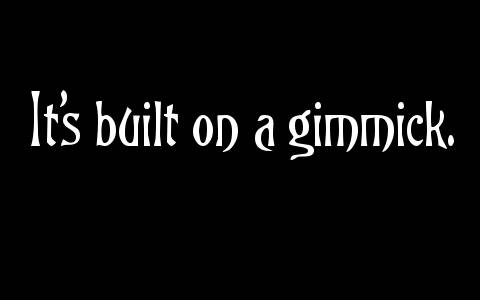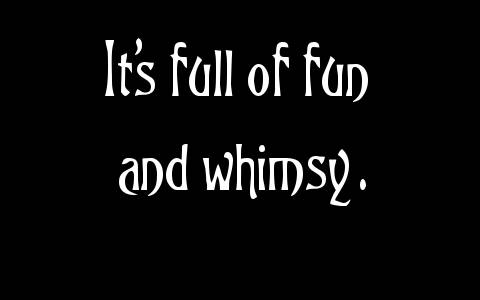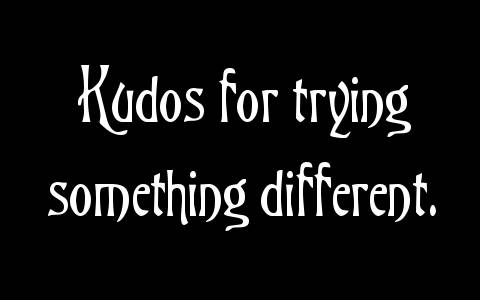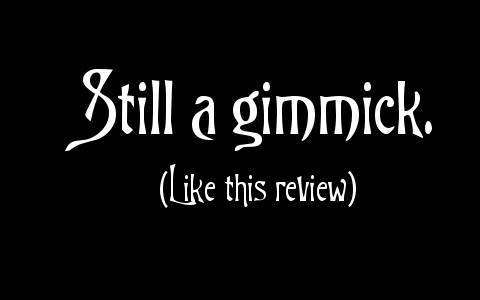
Having recently finished watching seasons 1 and 2 of Downton Abbey, I’ve been spoiled by a well done serial drama (i.e. soap opera) set around World War I and centered on an aristocratic family and their servants. That’s not to say it’s the greatest but it’s tough to beat the first season. Atonement would seem to be more of the same, minus the serial aspect. Except Joe Wright’s film is unique in almost every way except the one that matters most – expert storytelling.
Briony (Saoirse Ronan) is a young teenager in a wealthy English family. One day Briony sees her older sister Cecilia (Keira Knightley) and Robbie (James McAvoy), a servant’s son whose education was paid for by the man of the house, get into a strange entanglement. From Briony’s point of view it appears as though Robbie is forcing Cecilia to take off her dress and jump into the large fountain in the backyard. In reality, Cecilia decides to take off her dress, remaining in only her slip, and jump into the fountain in order to rescue a piece of a family heirloom that was broken off accidentally by Robbie and sat at the bottom of the fountain. Both Cecilia and Robbie feel foolish for what took place. Meanwhile Briony is certain her sister has been assaulted in some way. Later that day Robbie struggles to write an apology. He’s conflicted between feelings of guilt and lust. One letter expresses remorse for the earlier incident while another crudely puts to words Robbie’s desires for Cecilia. Grabbing the wrong letter and handing it to Briony was Robbie’s first mistake. The next being his encounter with Cecilia before dinner. Rather than being turned off by Robbie’s explicit note, Cecilia seems turned on and before we know it the two are unbuckling belts and popping off buttons. Briony walks in and cuts things short. The evening goes from awkward to vengeful as Briony finds a way to get back at Robbie, who she sees as a predator. Briony pins a violent crime on Robbie and the servant’s son finds himself in prison. Cecilia is heart broken. Briony is satisfied. Justice was served in her mind, even if it meant lying about the perpetrator.
Robbie eventually finds himself in France fighting in the war. He could serve in the war instead of in a prison cell. That should have been a clear message about how brutal the war was. Robbie roams the fields looking for a way back home as he and a couple other men lost their troop in the thick of battle. Along the way the men see the horrors of WWI. Cecilia becomes a nurse, as does Briony. Cecilia won’t speak to her younger sibling as she hopes to one day reunite with the man her sister put in prison with a false testimony.
The story is rather simple and, likely as a result, is told in a broken time shifted manner. Sometimes scenes are replayed from a different perspective or the year is fast forwarded or rewound abruptly. This broken narrative doesn’t resolve the bloat in the film. For every creative use of a typewriter mixed with a symphony serving as the soundtrack or interesting shots of everyday life, there are long shots and scenes that overstay their welcome; contributing little to character development or story progression. Beautifully shot and far more experimental than most period pieces (even the expertly shot Downton Abbey), the pacing is off and no amount of time shifting can cover that up.
As the title of the film more than hints at, the story revolves around atonement. Briony’s misguided and jealousy driven action to pin a crime on an innocent man leads to unintended consequences. Or did it? Didn’t Briony know she was dooming this servant’s son, whom her father must have loved as he paid for his schooling and her sister loved too, to a life in prison or worse? While Briony feels much remorse, she never repents. Almost as a way of self punishment, she becomes a nurse who has to do the dirtiest jobs and the toughest emotional assignments. And the way the film ends, I’m not sure if we’re supposed to admire Briony’s “gift” to Cecelia and Robbie or if we’re to shake our heads in disbelief of the arrogance. I know which side I fell on.
An interesting visual take on a period piece, Atonement achieves its heights when the actors are allowed to interact with one another and not contend with a desire to extend the story beyond its capabilities by employing time shifting and other similar narrative trickery. Based on the epic nature of the filmmaking and the title itself, Atonement feels like it wants to say something more than it does. An interesting film with a lot to admire but also reaches a bit too far in certain aspects as to render it less potent.
[xrr rating=3.5/5 label=” “]
This post is part of my Way late reviews. Read more reviews here.
[youtube width=”640″ height=”360″]http://www.youtube.com/watch?v=rkVQwwPrr4c[/youtube]




























